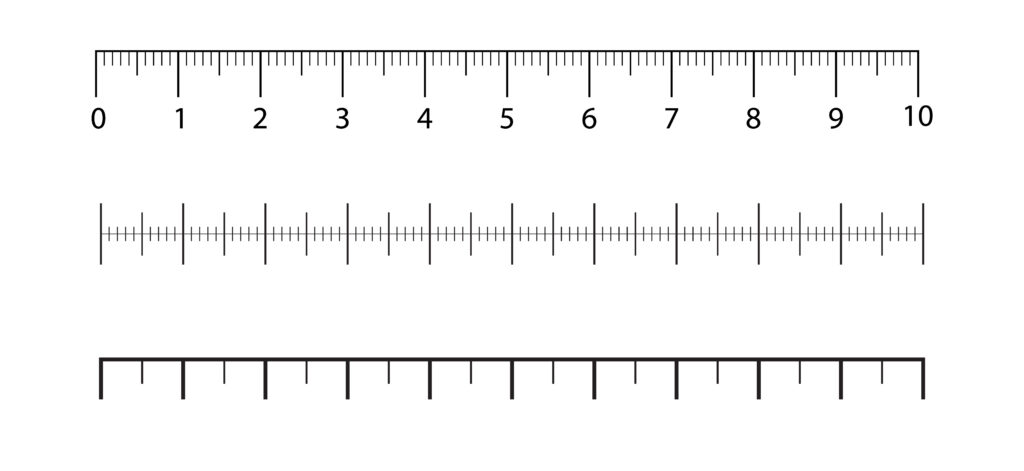Triangles: Similar Figures
Learn to measure the height of tall objects indirectly using the principle of **similar triangles** formed by shadows.
Help & Instructions
▼When the sun casts shadows, the angle of elevation of the sun is the same for all objects. This creates two similar right-angled triangles:
- **Triangle 1:** Formed by the person, their height, and their shadow.
- **Triangle 2:** Formed by the object, its height, and its shadow.
Since the triangles are similar, the ratio of corresponding sides is equal:
$$\frac{\text{Person's Height}}{\text{Person's Shadow}} = \frac{\text{Object's Height}}{\text{Object's Shadow}}$$- **Input Measurements:** Enter the `Person's Height`, `Person's Shadow Length`, and `Object's Shadow Length` into the fields.
- **Calculate:** Click "Calculate Object Height" to find the unknown height.
- **Verify:** Click "Reveal True Height" to see how close your calculation is to the actual height.
Measure the Tree! 🌳
Calculated Object Height: 0.00 m
The core idea is that the sun's rays are parallel. When these rays hit two objects (a person and a tree), they form two angles with the ground. Since these angles are equal, and both objects stand perpendicular to the ground (creating a 90° angle), the two triangles formed are **similar by AA similarity criterion**. This allows us to set up proportional relationships between their corresponding sides.
The Mathematics Behind Indirect Measurement
Where $H$ is height and $S$ is shadow length. You are solving for $H_{\text{object}}$.
Indirect measurement using similar triangles is used in:
- **Astronomy:** Estimating the size and distance of celestial bodies.
- **Cartography:** Creating maps and surveying land features.
- **Architecture & Engineering:** Calculating heights and distances that are difficult to measure directly.



